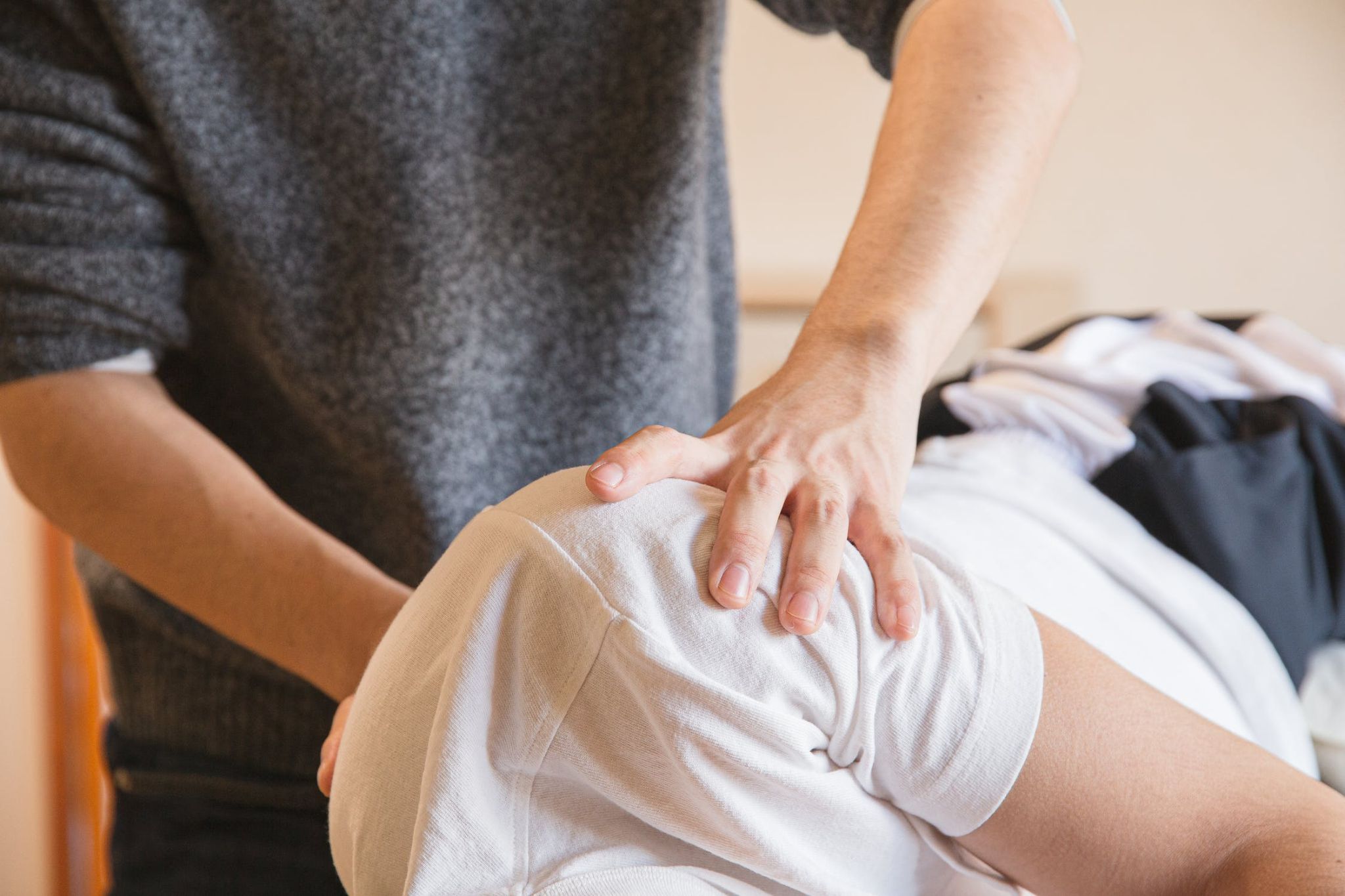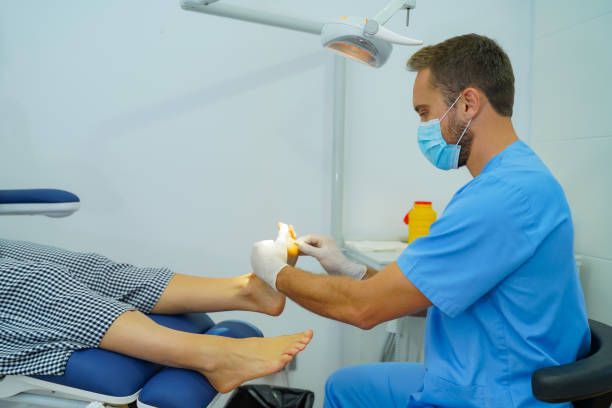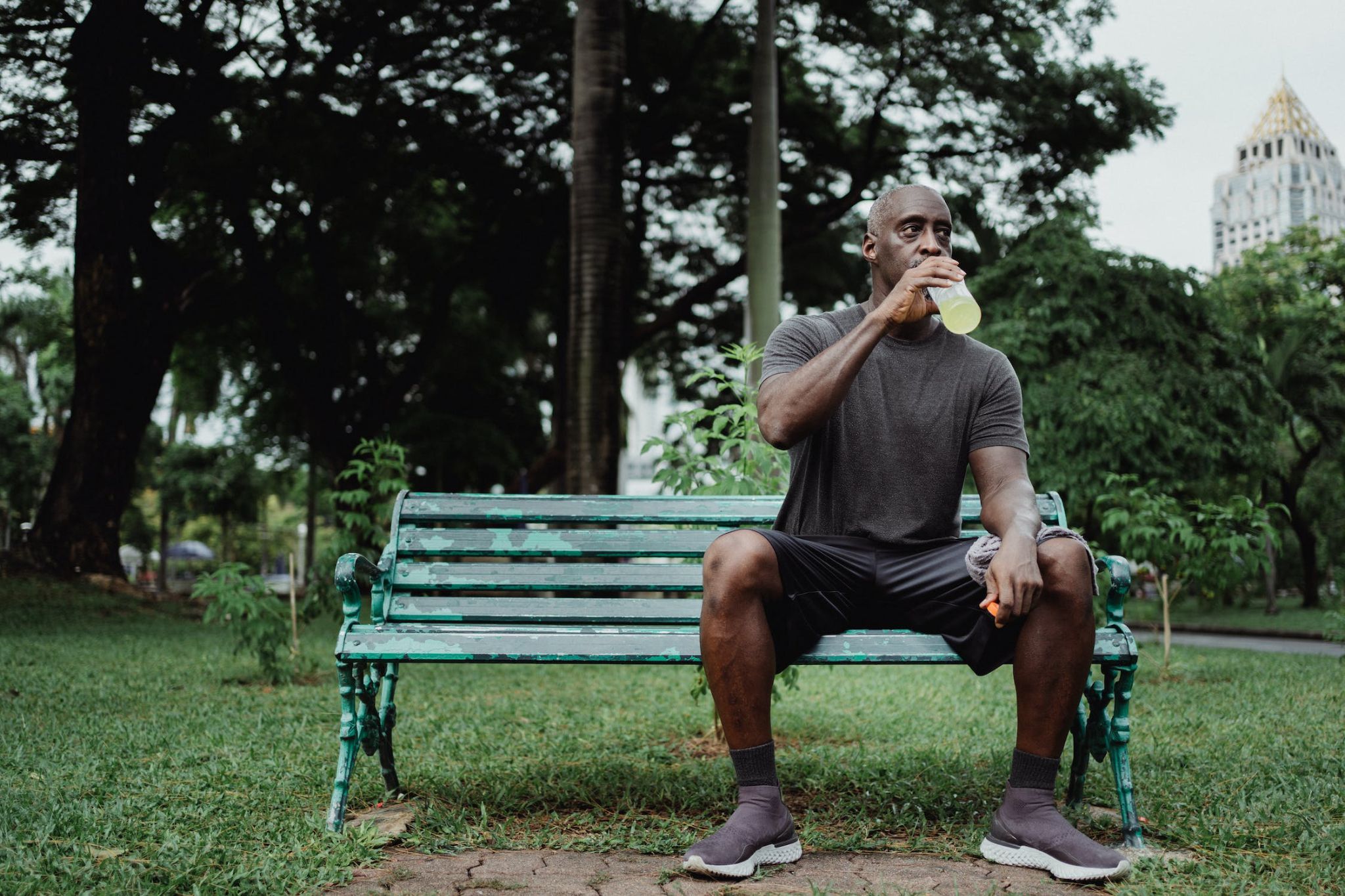What Are Some Helpful Methods For Managing Chronic Pain?
Living with chronic pain can feel burdensome, like carrying a heavy backpack full of rocks. The first step towards finding relief is understanding the contents of that bag. Take the time to closely examine and identify what specific areas are causing discomfort and how it feels. By clearly expressing this information to your healthcare provider, you’re already making significant progress in managing your pain.
Occasionally, life presents unexpected challenges that cause us pain and discomfort. Remember that intense tackle during high school football or the moment you slipped on a banana peel? It’s possible that these events, along with other factors like old injuries or daily stressors, may be contributing to your ongoing experience of chronic pain. Take on the role of Sherlock Holmes and investigate the potential root causes.
Don't Just "Deal with It"
We understand that chronic pain can be overwhelming and draining. However, ignoring its existence is not a productive approach. It is important to acknowledge your pain and take control of it instead of letting it control you. Embrace your pain and confront it head-on to overcome it.

Source: Pexels
You’re not alone if you’ve found yourself googling your symptoms and self-diagnosing. The internet has a way of presenting us with worst-case scenarios, making us believe we have some obscure condition or supernatural transformation underway. However, it’s important to remember that while research is valuable, consulting with healthcare professionals is the best course of action. They can provide personalized advice and expertise that the Internet cannot replicate.
Consult a Pain Specialist
If you’re experiencing unexplained pain and wondering about its source, consider consulting a pain specialist. These medical detectives are trained to uncover the underlying causes of your discomfort.

Source: https://www.gettyimages.com/detail/photo/woman-attends-podiatry-specialist-for-pain-in-her-royalty-free-image/1283856848
Sometimes, the problem may originate from your neurological system. In such cases, consulting a neurologist can help determine if your nervous system is reacting in an unpredictable manner without any identifiable cause.
Meditation
Meditation isn’t just for hippies or yogis. Imagine yourself sitting comfortably, breathing deeply, and easing that pain away. Scientifically speaking, practices like mindfulness can genuinely soothe your nervous system and dial down the pain-o-meter.

Source: Pexels
If you’re fortunate enough to be able to move around despite your condition, get moving. Physical activity is like a magic potion for chronic pain. Exercise stimulates the release of endorphins, which are the body’s natural pain relievers. It’s like having your own exclusive VIP club in your body; endorphins are invited guests.
Avoid Alcohol
Before you reach for that next drink, consider its effects on your sleep and inflammation. Alcohol can disrupt your sleep patterns and exacerbate inflammation in the body. It’s like that friend who stays past their welcome – enjoyable in the moment, but regrettable later on.

Source: Pinterest
Smoking is best avoided altogether. While you may already be aware of the detrimental effects it has on your health, you might not realize that smoking can actually intensify chronic pain. Beyond causing inflammation and reducing blood flow, smoking has additional negative impacts that can exacerbate your pain.
Look for Support Groups
Feeling isolated and alone? Well, you’re not. Support groups provide a valuable space for venting and finding understanding. Think of them as informal group therapy sessions that are relatable and beneficial for everyone involved.

Source: https://www.gettyimages.com/detail/photo/therapy-group-having-a-discussion-royalty-free-image/1369554175
Eating a nutritious diet not only helps with weight loss but also provides your body with the essential nutrients, antioxidants, and good fats it needs to fight against chronic pain. Think of these healthy foods as your power-ups in a video game, giving you extra lives to overcome challenges.
Have a Good Massage
Everyone appreciates a good massage. It’s like a mini vacation for your body, particularly if you’re dealing with chronic pain. Whether you prefer a soothing Swedish massage or a deep-tissue treatment to tackle those stubborn knots, your body will undoubtedly feel grateful.

Source: Pexels
Finding effective pain relief can be complex. Medications can provide immediate relief but come with the risk of addiction. Finding a balance between pharmaceutical and homeopathic remedies that work for your specific needs is important. Prioritize consulting with your healthcare provider, as they have the expertise to guide you through the best course of action for your condition.
Avoid Poor Posture & Stress
Poor posture can have a chain reaction, leading to a cascade of back pain. It’s crucial to maintain proper alignment when standing and sitting. By doing so, you’ll thank yourself in the future with a healthier body.

Source: https://www.gettyimages.com/detail/photo/young-businesswoman-suffering-from-neckache-royalty-free-image/639271048?adppopup=true
Stress can often feel like an unwelcome guest who crashes the party of your body, causing muscle tension and activating the “pain pathways.” It’s time to bid stress farewell and reclaim control of your well-being.
Rest & Hydration
Getting enough sleep isn’t just about looking good; it’s also essential for feeling better. If you’re not getting sufficient rest, you’ll likely experience more pain. So, let’s prioritize getting quality sleep and leave tossing and turning for making salads.

Source: Pexels
Water is essential for our bodies to function properly. It helps keep our joints lubricated and can even improve how we feel. Just like a hydrating face mask can refresh and rejuvenate your skin, staying hydrated can do the same for your insides. So, don’t neglect hydration.
DIY Pain Relief
Anyone can try myofascial release at home, no massage therapist needed. All you need is a foam roller and a positive mindset. This technique can help relax tight muscles and provide you with some much-needed relief.

Source: Pexels
Using alternating hot and cold treatments can provide significant relief for pain. It’s like experiencing a warm tropical beach followed by a cool breeze, all focused on your sore areas. Hot compresses help improve circulation, while cold treatments reduce inflammation. The result? Sweet relief from discomfort.
